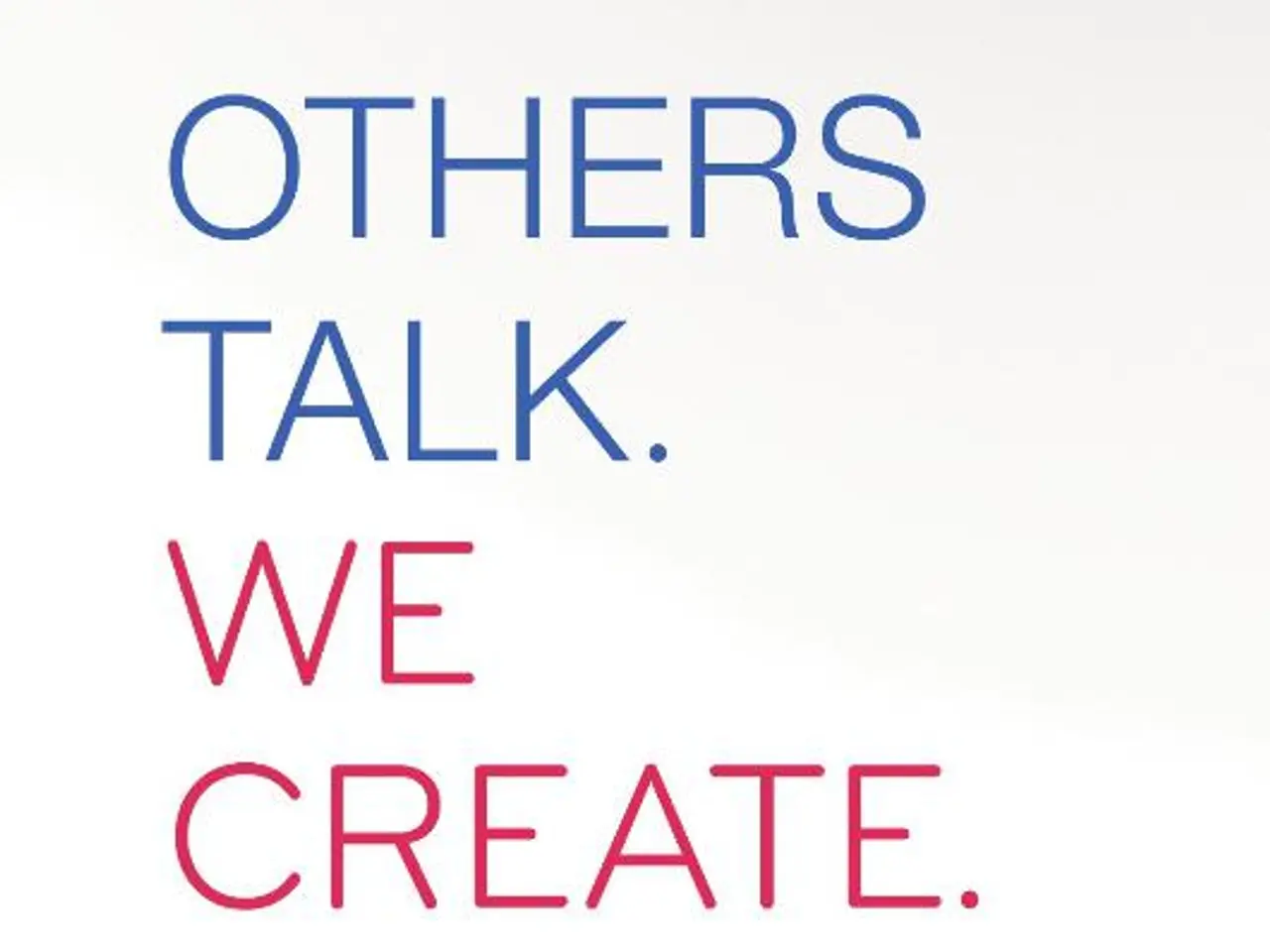Workplace Monitoring Evolves: Artificial Intelligence and Employee Observation Take Center Stage
In a recent episode of "In the Public Interest," legal expert Laura Schneider, Partner and Chair of the Labor and Employment Practice, delved into the intricate world of employee surveillance, focusing on the role of AI technology.
The current state of litigation concerning employee surveillance and AI in the workplace is marked by a significant case—the Workday AI Bias lawsuit—which alleges that Workday’s AI hiring tools systematically discriminate against protected groups, including older applicants and minorities.
- The Workday AI Bias Suit
The lawsuit, Mobley v. Workday, Inc., involves claims that Workday’s AI-driven hiring tools cause disparate impact discrimination against applicants over 40 and minority candidates due to training data reflecting historical biases in hiring practices. The AI system reportedly encodes factors like zip codes or college names that serve as proxies for race, class, and age discrimination.
A key legal innovation in the suit is the “agent” theory, which argues that AI vendors like Workday act as agents of employers and thus share liability for discriminatory outcomes, moving beyond the defense that vendors merely supply software. The case has been allowed to proceed as a nationwide class action, signaling courts’ recognition of liability for algorithmic bias in automated employment decisions—even if the discrimination is unintentional or implicit in the AI.
- Employee Surveillance and AI
Schneider highlighted that employee surveillance tools have dramatically expanded during and after the COVID-19 pandemic, with AI enabling more extensive monitoring of employee activity. She anticipates increased litigation around AI-driven employee monitoring, particularly under privacy laws like the California Consumer Privacy Act (CCPA), which restrict the collection and use of personal data and require transparency and certain employee rights.
- The California Consumer Privacy Act (CCPA)
The CCPA plays a growing role in litigation and regulatory scrutiny of workplace AI tools by setting standards for how employers can collect and use personal employee data. Compliance challenges arise around AI tools that process sensitive employee information, potentially exposing employers and AI vendors to privacy and discrimination claims.
- Future Litigation Outlook
The Workday lawsuit exemplifies the emerging legal risks employers and AI vendors face regarding algorithmic discrimination and surveillance in the workplace. Legal experts, including Schneider, advise employers to carefully audit AI systems for bias and maintain transparency to reduce liability under anti-discrimination laws and privacy regulations. Litigation is likely to expand beyond hiring tools to cover broader AI-enabled employee surveillance practices, with the CCPA and other state laws serving as key legal frameworks governing these issues.
In summary, Laura Schneider explains that AI-enabled employee surveillance, particularly in hiring and monitoring, is a rapidly evolving area of workplace law. The Workday case marks a legal turning point by firmly establishing vendor liability for discriminatory AI outcomes. Combined with the protections under the CCPA, these developments predict more litigation to come, focusing on balancing AI innovation with employee privacy and anti-discrimination rights.
- The Workday AI Bias Suit is a significant example of litigation centered around allegations that Workday’s AI-driven hiring tools discriminate against protected groups, including older applicants and minorities.
- Employee surveillance tools, enabled by AI, have seen expansive use during and after the COVID-19 pandemic, potentially leading to increased litigation under privacy laws such as the California Consumer Privacy Act (CCPA).
- The CCPA has emerged as a critical legal framework governing the collection and use of personal employee data by employers and AI vendors, presenting compliance challenges for AI tools that process sensitive information.
- The future outlook on litigation indicates an expansion beyond hiring tools to cover broader AI-enabled employee surveillance practices, with the CCPA and other state laws playing a key role in these legal developments.




